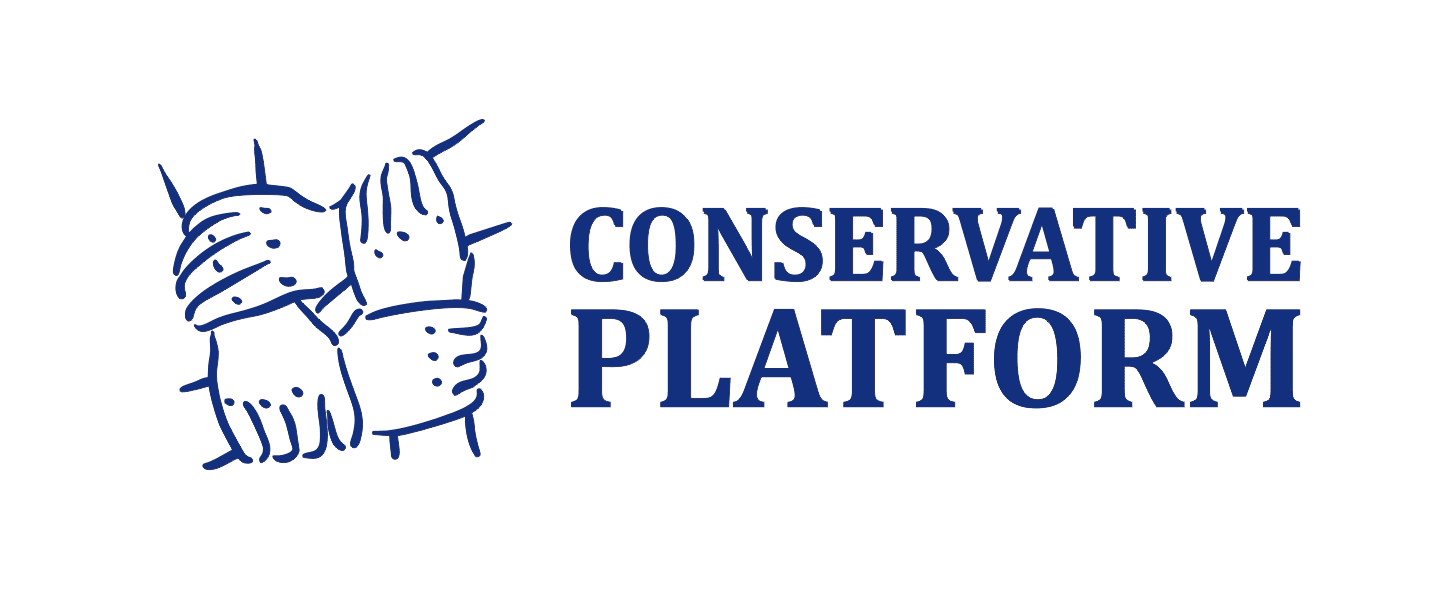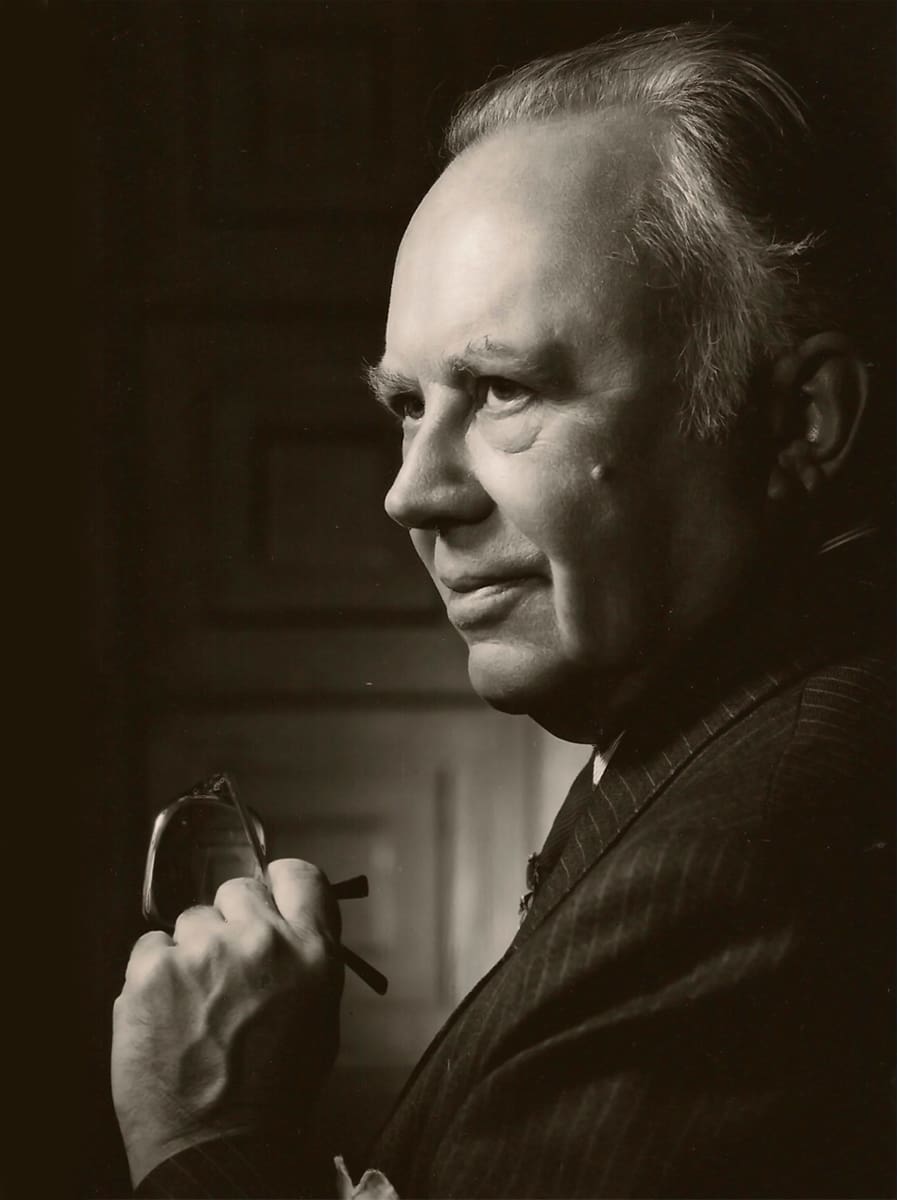Being neither a religion nor an ideology, the concept of conservatism has neither its own scripture nor its own “Capital” to provide dogma. To the extent that it is possible to define what conservatives believe, the first principles of conservative belief are derived from what leading conservative writers and public figures have professed over the past two centuries. After some introductory remarks on this general topic, I will proceed to list ten such conservative principles. Perhaps it would be correct to use the word “conservative” primarily as an adjective. Because there is no typical conservative, and conservatism is essentially a negation of ideology: it is a state of mind, a type of character, a way of looking at the civil social order.The attitude that we call conservatism is not supported by a system of ideological dogmas, but by a set of attitudes. We can say that a person who considers himself or herself a conservative can be called a conservative. A conservative movement or set of concepts can accommodate a wide variety of views on many subjects, and there is no single text of the oath of the Thirty-nine Articles of Conservative Faith (the oath of a civil servant in old England and the rules of the Anglican religion – ed.) In essence, a conservative person is simply someone who finds things that are constant more pleasant than Chaos and the Old Night. (However, conservatives know, along with Burke, that healthy “change is the means of our preservation.”) The historical continuity of human experience, the conservative says, offers policy guidance far better than the abstract ideas of coffeehouse philosophers. But, of course, there is more to the conservative belief than this general attitude.
Although it is impossible to compile a detailed catalog of conservative beliefs, I offer here ten short and general principles; it is safe to say that most conservatives would endorse most of these maxims. In the various editions of my book The Conservative Mind, I have listed certain canons of conservative thought – but the list varies somewhat from edition to edition; in my anthology The Portable Conservative Primer, I offer variations on this theme. I now present to you a summary of conservative assumptions that differ somewhat from my canons in these two books. In fact, the diversity of ways in which conservative views can find expression is itself proof that conservatism is not a fixed ideology. What specific principles conservatives emphasize at any given time will depend on the circumstances and needs of that era. The following ten articles of faith reflect the emphasis of conservatives in contemporary America.
First, the conservative believes that there is a stable moral order. This order was created for man, and man was created for it: human nature is stable, and moral truths are constant. This order of words means harmony. There are two aspects or types of order: the inner order of the soul and the outer order of the commonwealth. Twenty-five centuries ago, Plato taught this doctrine, but even the educated today have difficulty understanding it. The problem of order has been a major concern of conservatives since conservatism became a political term. Our twentieth-century world has experienced the terrible consequences of the collapse of faith in moral order. Like the atrocities and catastrophes in Greece in the fifth century before Christ, the demise of great nations in our century shows us the pit into which societies fall when they confuse reasonable interests or ingenious social control with palatable alternatives to the old-fashioned moral order. Liberal intellectuals have said that the conservative believes that all social issues are essentially matters of private morality. When properly understood, this statement is quite true. A society in which men and women are guided by a belief in a stable moral order, a strong sense of right and wrong, and personal convictions about justice and honor will be a good society – no matter what political mechanism it uses; while a society in which men and women are morally wandering, ignorant of norms, and driven primarily by appetite will be a bad society – no matter how many people vote and no matter how liberal its official constitution.
Secondly, the conservative adheres to custom, convention, and continuity. It is the old custom that allows people to live together in peace; the destroyers of custom destroy more than they know or want. It is through conditionality, a word that is much abused these days, that we try to avoid constant disputes about rights and obligations: the law is basically a set of conditions. Continuity is a means of linking generation to generation; it matters to society as much as to the individual; without it, life has no meaning. When successful revolutionaries destroyed old customs, ridiculed old conventions, and disrupted the continuity of social institutions, why do they now find it necessary to establish new customs, conventions, and continuity? But this process is painful and slow; and the new social order that eventually emerges may be far worse than the old order that radicals overthrew in their quest for an earthly paradise. Conservatives are the champions of custom, convention, and continuity because they prefer the devil they know to the devil they don’t. Order, justice, and freedom, in their view, are artificial products of long social experience, the result of centuries of trial, reflection, and sacrifice. Thus, the social body is a kind of spiritual corporation, comparable to a church; it can even be called a community of souls. Human society is not a machine to be handled mechanically. Continuity, the lifeblood of society, must not be interrupted. Burke’s reminder of the need for prudent change is in the conservative’s mind. But the necessary changes, conservatives argue, must be gradual and discriminating, never eliminating old interests at once.
Thirdly, conservatives believe in what can be called the principle of prescription. Conservatives feel that modern people are dwarfs on the shoulders of giants, able to see further than their ancestors only because of the tall stature of those who were our predecessors in time. That is why conservatives often emphasize the importance of precepts, i.e. things that have been established from time immemorial so that the human mind does not fall into contradictions. There are rights whose main sanction is their prescription, such as property rights. Similarly, our morality is largely prescriptive. Conservatives argue that we moderns are unlikely to make any bold new discoveries in morality, politics, or taste. It is dangerous to weigh every issue on the basis of private judgment and private rationality. Man is foolish, but the species is wise,” Burke said. In politics, we do well to follow precedents, precepts, and even prejudices, because the great mysterious incorporation of the human race has acquired wisdom far beyond the petty private rationality of any one person.
Fourth, conservatives are guided by their principle of prudence. Burke agrees with Plato that prudence is the most important virtue in a statesman. Any public action should be judged by its likely long-term consequences, not just by temporary benefits or popularity. Liberals and radicals, according to conservatives, are reckless: they rush to their goals without paying much attention to the risk of new abuses worse than the evil they hope to destroy. As John Randolph of Roanoke said, Providence moves slowly, but the devil is always in a hurry. Because human society is complex, the cure cannot be simple if it is to be effective. A conservative claims to act only after sufficient reflection, weighing the consequences. Sudden and drastic reforms are just as dangerous as sudden surgery.
Fifth, conservatives emphasize the principle of diversity. They favor the intricacies of long-established social institutions and ways of life, as opposed to the narrowing uniformity and deafening egalitarianism of radical systems. In order to maintain healthy diversity, orders and classes, differences in wealth, and many forms of inequality must survive in any civilization. The only true forms of equality are equality at the Last Judgment and equality before a fair court; all other attempts to level differences should lead to social stagnation at best. Society requires honest and skillful leadership; and if natural and institutional differences are destroyed, some tyrant or a host of poor oligarchs will immediately create new forms of inequality.
Sixth, conservatives are criticized for their notion of imperfection. Conservatives know that human nature is irreparably plagued by some serious flaws. Since human beings are imperfect, a perfect social system cannot be created. Because of human restlessness, humanity would become rebellious under any utopian rule and would explode again in violent discontent-or disappear from boredom. To seek utopia is to end in disaster, says the conservative: we are not made for perfect things. All we can reasonably expect is a tolerably orderly, just, and free society in which some evil, maladjustment, and suffering will continue to lurk. With due attention to reasonable reform, we can preserve and improve this tolerable order. But if the old institutional and moral safeguards of the nation are neglected, then an anarchic impulse is released in humanity: “the ceremony of innocence is sinking.” Ideologues who promise the perfection of man and society have turned much of the twentieth century world into an earthly hell.
Seventh, conservatives are convinced that freedom and property are closely linked. Separate property from the private, and Leviathan becomes the master of everything. Great civilizations are built on the basis of private property. The more widespread the ownership of private property, the more stable and productive the community. Economic equalization, conservatives argue, is not economic progress. Obtaining and spending are not the primary goals of human existence; but a solid economic foundation for the individual, the family, and the commonwealth is more than desirable. Sir Henry Maine in his work “Rural Communities” strongly advocates private property, as opposed to communal property: “No one has the right to attack someone’s property and at the same time say that he values civilization. The history of these two cannot be disentangled.” Because the institution of someone’s property, i.e. private property, was a powerful tool for teaching men and women responsibility, providing motives for honesty, supporting a common culture, raising humanity above the level of hard labor, providing leisure for thinking and freedom of action. To be able to keep the fruits of one’s labor; to have a permanent job; to be able to bequeath one’s property to one’s descendants; to be able to rise from the natural state of abject poverty to the security of long-term achievement; to have something truly one’s own-these advantages are hard to deny. The conservative recognizes that owning property imposes certain responsibilities on the owner; he or she gladly accepts these moral and legal obligations.
Eighth, conservatives support voluntary community, just as they oppose involuntary collectivism. Although Americans were strongly attached to privacy and private rights, they were also a people who were characterized by a successful spirit of community. In a true community, decisions that directly affect the lives of citizens are made locally and voluntarily. Some of these functions are performed by local political bodies, others by private associations: as long as they remain local and are marked by the general consent of those concerned, they constitute a healthy community. But when these functions are taken over by default or usurped by a centralized authority, then the community is in serious danger. Everything that is profitable and reasonable in a modern democracy is made possible by the common will. If, in the name of abstract democracy, the functions of the community are transferred to a distant political entity, then true governance by the consent of the governed gives way to a process of standardization that is hostile to freedom and human dignity. For a nation is no stronger than the many small communities of which it is composed. A central administration or a corps of elected managers and civil servants, however well-intentioned and well-trained, cannot provide justice, prosperity, and peace to a mass of men and women stripped of their old responsibilities. This experiment has been tried before; it was disastrous. It is the fulfillment of our responsibilities in the community that teaches us prudence, efficiency, and compassion.
Ninth, a conservative recognizes the need to reasonably limit power and human passions. From a political point of view, power is the ability to do what one wants, regardless of the will of one’s neighbors. A state in which an individual or a small group can freely dominate the wills of its fellow citizens is despotic, regardless of whether it is called a monarchy, aristocracy, or democracy. When each person claims to be a power for himself, then society falls into anarchy. Anarchy never lasts long, being unbearable for everyone, and despite the inevitable fact that some people are stronger and smarter than their neighbors. Because anarchy gives way to tyranny or oligarchy, in which power is monopolized by a very few. Conservatives try to limit and balance political power so that anarchy or tyranny does not arise. However, in any era, men and women are tempted to overthrow the limits of power for the sake of some perceived temporary advantage. It is characteristic of the radical that he thinks of power as a force for good-as long as he has it in his hands. In the name of freedom, the French and Russian revolutionaries abolished the old restrictions on power; but power cannot be abolished; it always falls into someone else’s hands. The power that the revolutionaries considered oppressive in the hands of the old regime became many times more tyrannical in the hands of the radical new masters of the state.Knowing human nature as a mixture of good and evil, the conservative distrusts benevolence alone. Constitutional restrictions, political checks and balances, adequate enforcement of laws, the old tangled web of constraints on the will and appetites-all these are endorsed by the conservative as tools of freedom and order. A just government maintains a healthy tension between the demands of power and the demands of freedom.
Tenth, the thinking conservative understands that permanence and change must be recognized and accepted in a strong society. The conservative is not against social improvement, although he doubts whether there is such a force in the world as the mystical Progress with a capital P. When a society progresses in some aspects, it usually declines in others. A conservative knows that any healthy society is influenced by two forces that Samuel Taylor Coleridge called its Permanence and its Progress. The constancy of a society is formed by those enduring interests and beliefs that give us stability and continuity; without this constancy, sources of great depth are destroyed, and society falls into anarchy. Progress in society is the spirit and the combination of talents that drive us to prudent reforms and improvements; without this progress, the nation stagnates. Therefore, a sensible conservative tries to combine the demands of Sustainability with the demands of Progress. He thinks that liberals and radicals, blind to the just demands of Sustainability, would jeopardize the heritage bequeathed to us by trying to drive us into some dubious earthly paradise. In short, the conservative stands for reasoned and moderate progress; he opposes the cult of Progress, whose adherents believe that everything new is necessarily superior to everything old.According to conservative ideas, change is essential to the social organism in the same way that it is essential to the human body. A body that has stopped renewing itself begins to die. But if this body is to be strong, change must occur regularly, in accordance with the form and nature of this body; otherwise, change produces a monstrous growth, a cancer that devours its host. The conservative makes sure that nothing in society is ever completely old, and that nothing is ever completely new. It is a means of preserving a nation, just as it is a means of preserving a living organism. How much change a society needs and what kind of change depends on the circumstances of the era and the nation.Thus, here are ten principles that have emerged over two centuries of modern conservative thought. Other principles of equal importance could be discussed here, such as the conservative understanding of justice or the conservative view of education. But such topics I must leave to your private investigation.The great dividing line in contemporary politics, as Eric Wegelin noted, is not the division between liberals on the one hand and totalitarians on the other. No, on one side of this line are all those men and women who think that a temporary order is the only order, that material needs are their only needs, and that they can do with the heritage of humanity as they please. On the other side of this line are all those people who recognize a stable moral order in the universe, a permanent human nature, and high responsibilities for spiritual and temporal order.
Adapted from The Politics of Prudence (ISI Books, 1993). Copyright © 1993, Russell Kirk.
Translation from the page: https://kirkcenter.org/conservatism/ten-conservative-principles/
Translation by Y.M., Conservative Christian Platform. Reference to the source of translation is required
About the author: Russell Amos Kirk (October 19, 1918 – April 29, 1994) was an American political theorist, moralist, historian, social critic, and literary critic known for his influence on 20th-century American conservatism. His 1953 book The Conservative Mind shaped the postwar conservative movement in the United States. It traced the development of conservative thought in the Anglo-American tradition, emphasizing the ideas of Edmund Burke. Kirk was considered the main proponent of traditionalist conservatism. He was also a successful author of gothic and fantasy stories.




